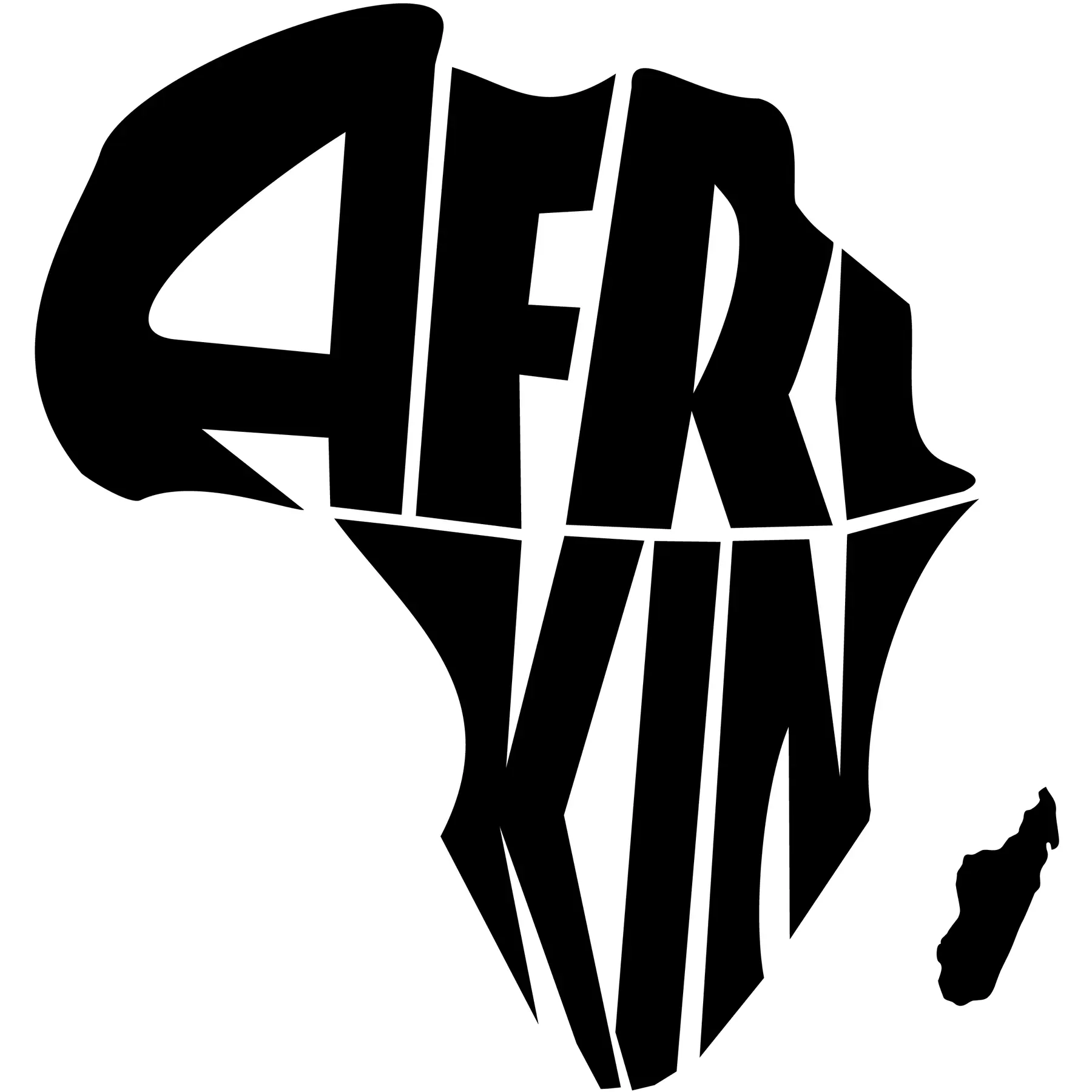Shakespeare famously wrote: “What’s in a name? That which we call a rose by any other name would smell as sweet.” This is one of those things that feels true – but is it really true? There’s a lot to be said for the power that comes from a name. While it may not change who or what we are, it certainly affects how the world sees us or how we see ourselves.
There’s been a lot of conversation over the years about using the term African American and what it signifies. First brought to popularity by Reverend Jesse Jackson in 1988, he encouraged America’s Black population to adopt the term.
“To be called African American has cultural integrity…It puts us in our proper historical context. Every ethnic group in this country has a reference to some land base, some historical, cultural base. African-Americans have hit that level of cultural maturity.”
But is it still the best term to use today?
Is it fair to assume someone is African American based solely on the color of their skin? A Black person who lives in America but whose ancestry is from another part of the world may not identify as African American.
For example, Darien LaBeach, a director of diversity, equity, and inclusion at a digital marketing agency, was born in Jamaica and raised in the United States. “African American technically isn’t even what I am…I’m a Jamaican-born black person, but I have taken on this label of African American because of where I live.”
In an article in the Smithsonian Magazine by Ira Berlin, she takes a deep dive into the complexities of this debate.
“At the same time, some…residents refuse to recognize the new arrivals as true African-Americans. ‘I am African, and I am an American citizen; am I not African-American?’ Ethiopian-born Abdulaziz Kamus asked at a community meeting in suburban Maryland in 2004. To his surprise and dismay, the overwhelmingly black audience responded no.”
The term African American could be considered problematic for another reason: Because of the word American.
America isn’t a country. America is a continent – two. North and South. Yet, it’s common practice for those living in the United States to refer to themselves as Americans, basically disregarding the millions of other people who also live in what is also, technically, the Americas.
If not every Black person identifies as African and not every American lives in the United States, where does that leave us? Does the term African American still have a place in our society? Denzel said Black is a culture, not a color, what are your thoughts?
Perhaps this segment below from PBS sums it best:
“In the end, no one person’s word is final. It’s better and more accurate to think of this as an ongoing conversation about identity, inclusion, and language.”

